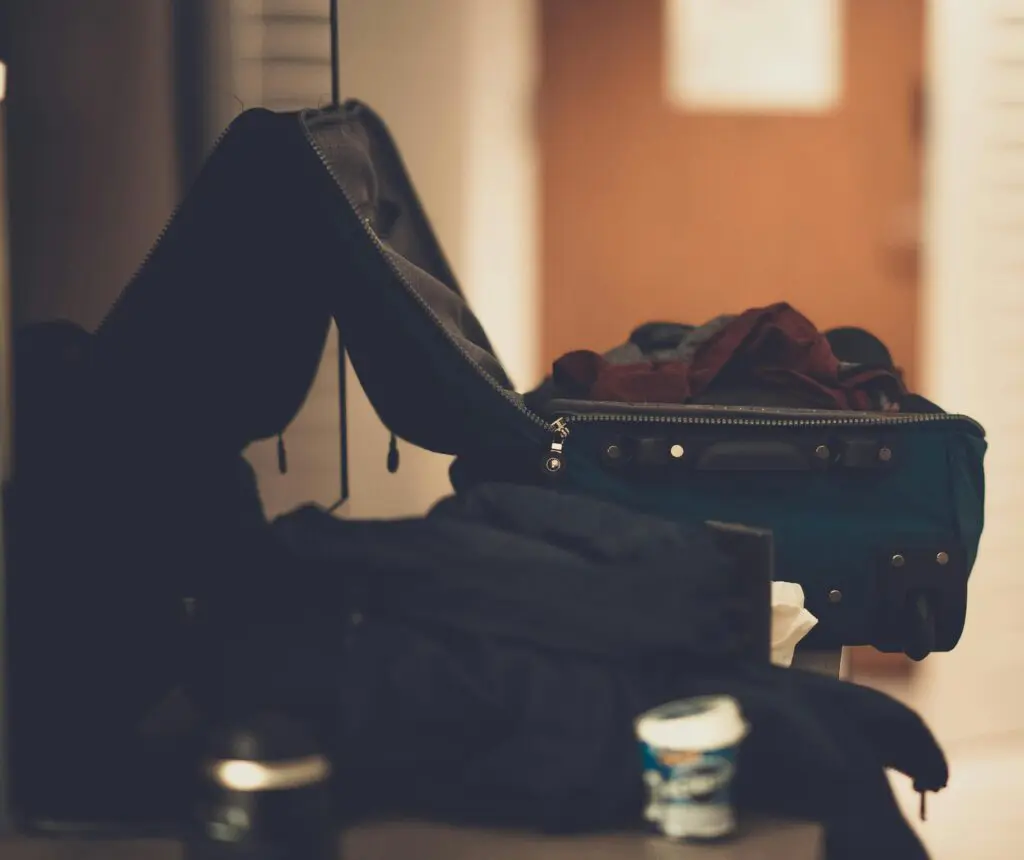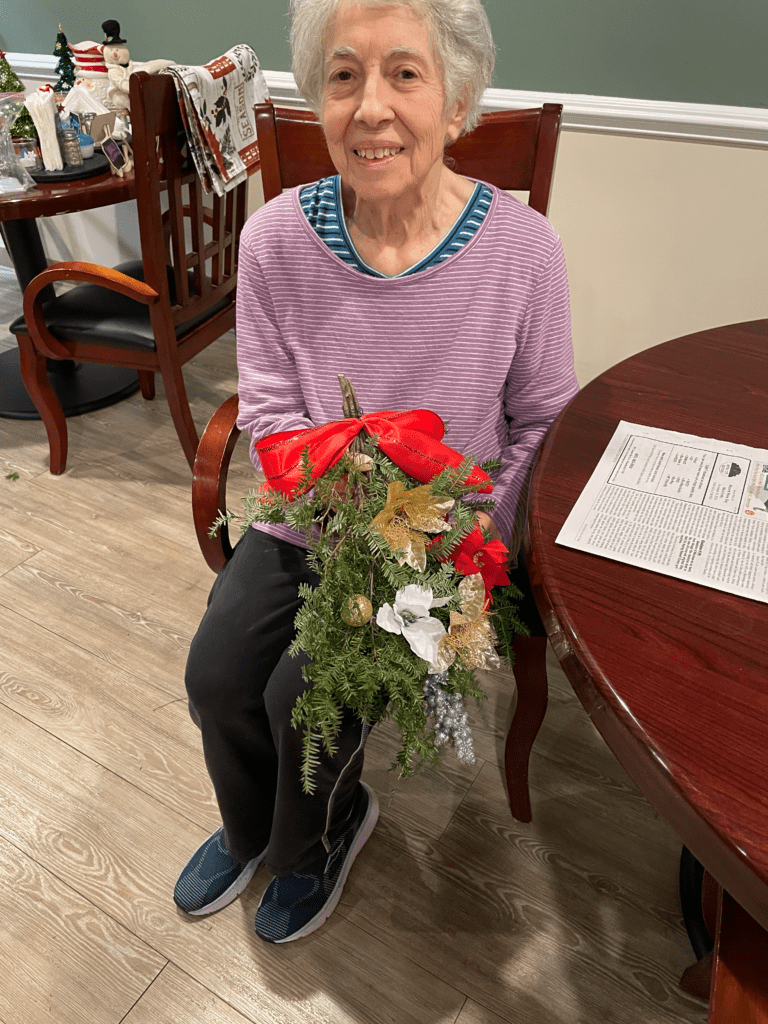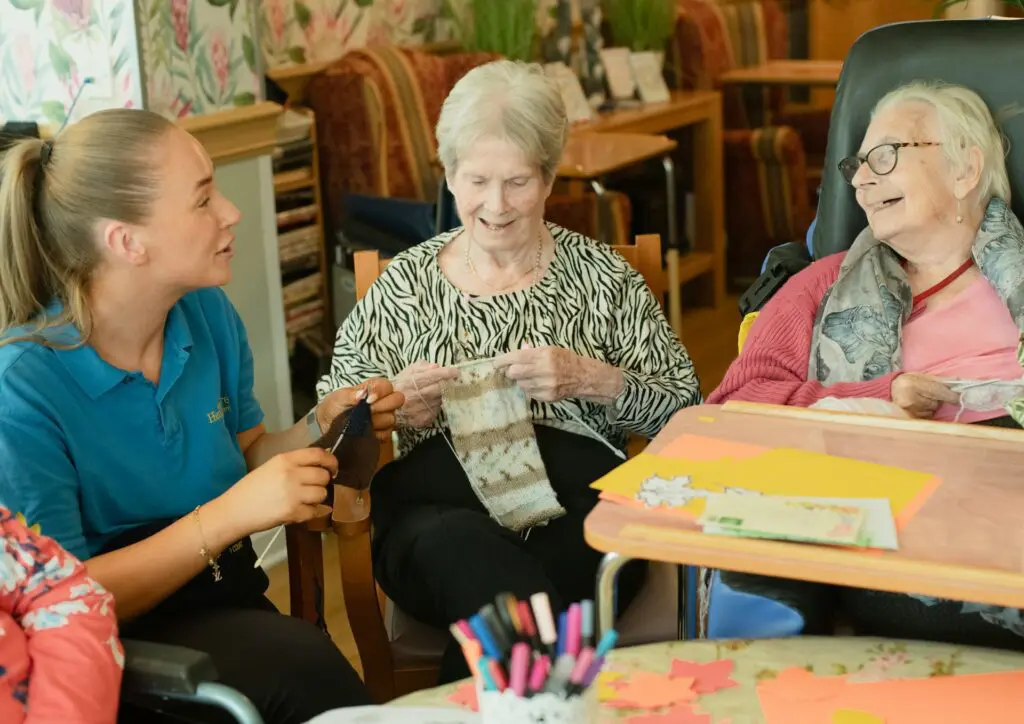Managing medications can be a challenge for anyone. As we age, we often find ourselves taking more medications, and often on different schedules. To make things more difficult, when aging people struggle with memory loss or cognitive decline, the process can become an even greater struggle.
Assisted living facilities can offer support to keep track of different medications, but what about people living at home? Whether living alone or with family members, here are some tips for helping you to manage your medications. Last year we offered 4 tips for managing medications, and we wanted to add a few more ideas for you!
Consider Different Pill Organizer Options
There are a lot more options than the basic one-week case with seven labeled compartments. If you’ve been managing with the basics, you may find that a different organizer (for example, one with spots for morning, afternoon, and evening every day) can help.
Make Sure The Containers Are Easy To Open
Some pill containers are hard to open, and many elders live independently with weak or arthritic hands. However, if it is difficult or painful to access your medications, you are more likely to skip doses. Try multiple options to make sure that your pill holder is easy for you to open—or that someone is available to help you access your medications when needed.
Ask Your Pharmacist About Other Packaging Options
Most pharmacies have packaging that can be childproofed or not depending on how you use the lid—ask them to use the non-childproof lid so that you can open the packages easily.
In addition, some pharmacies can now package medications individually, with dated envelopes or bags that pre-sort your pills into each dosage. This might cost a little more money, but can help keep you from needing to sort your prescriptions at home.
Talk To Your Doctor Or Pharmacist About Simplifying Your Meds
Sometimes our prescriptions add up because we slowly add them to what we are already taking, without making changes to other medications. This can result in complicated drug interactions or just a lot of logistics to keep organized. However, there may be alternative dosages or medications that will allow you to have fewer prescriptions, lower dosages, or fewer special instructions. If you’re struggling with taking medications at very different times of the day, or have some that need to be taken with food, others on an empty stomach, a change to your medications might help to simplify your routines.
Ask For Or Offer Help
Whether you’ve seen an aging parent, spouse, or friend struggling or not, consider that they may need assistance. Doctors warn that if this struggle goes too long, some people may stop taking their medications entirely (or take the wrong doses) rather than ask for help. Ask them how they have their medications organized; make the effort to help find a system that works.
And if your own current system isn’t working, don’t hesitate to ask for help! Giving up independence, even in small things, can be difficult, but ensuring that you are taking the proper medications in the right doses is vital for your overall health!















